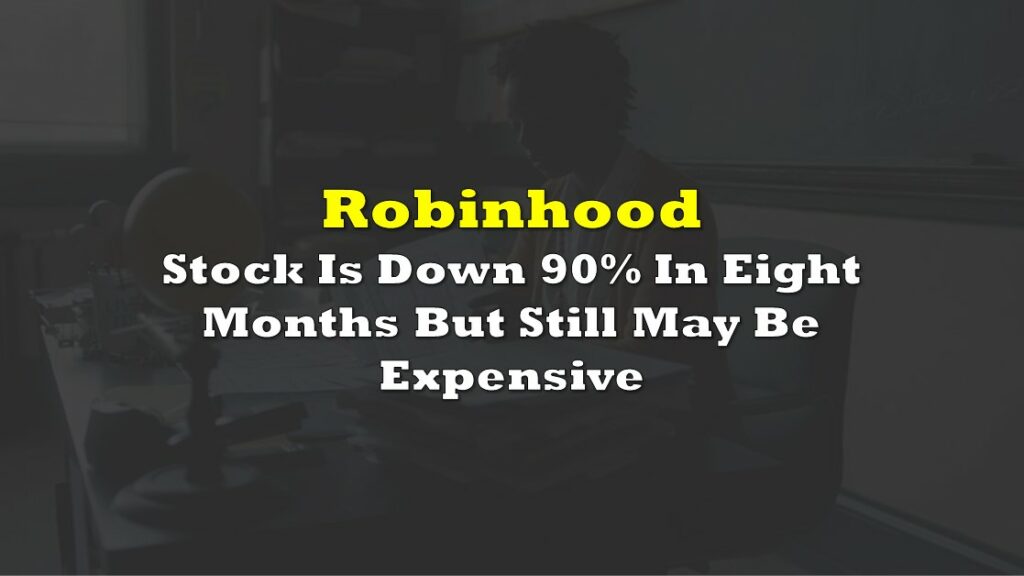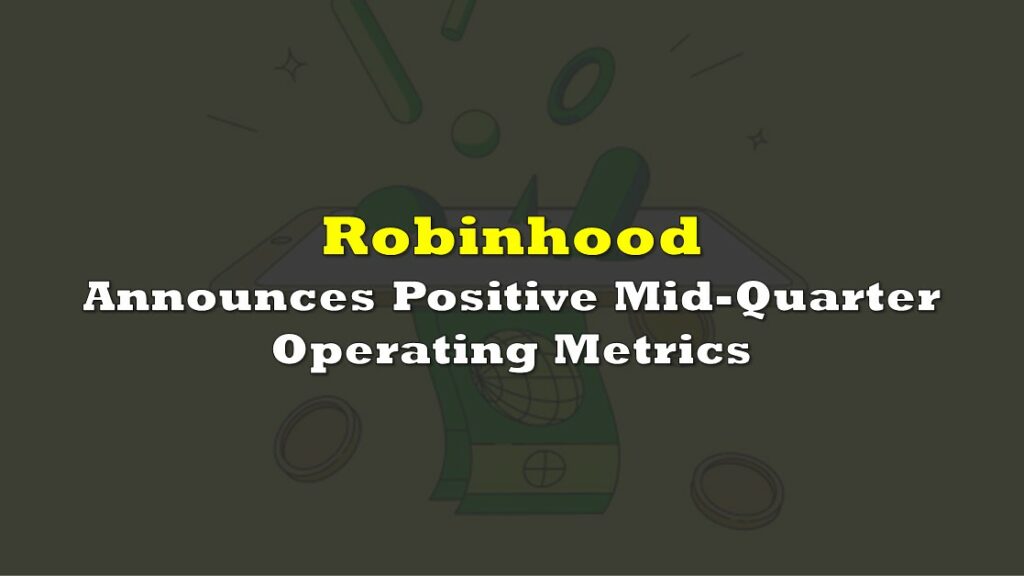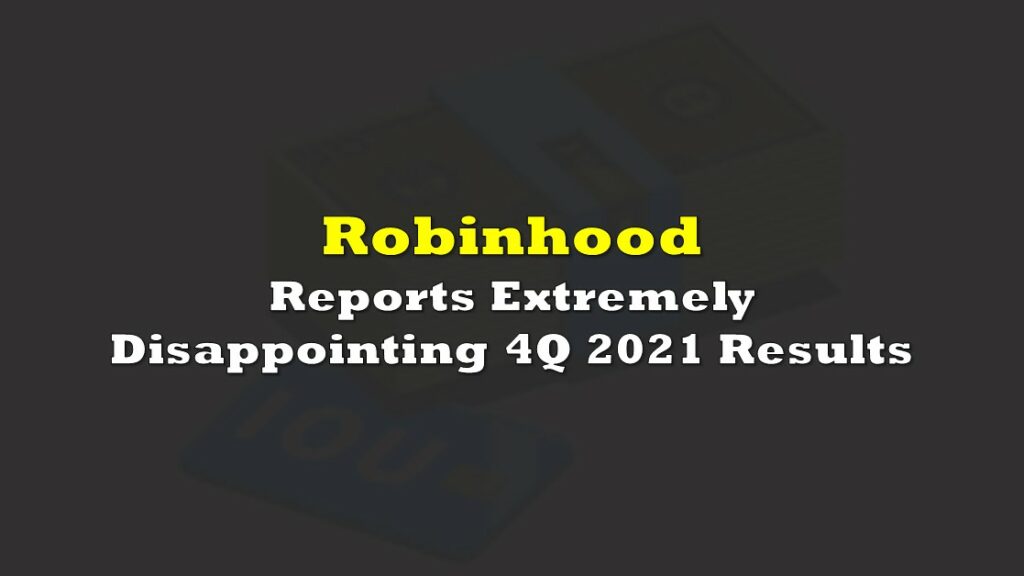Last month, the Financial Services Committee of the U.S. House of Representatives passed a bill (H.R. 4617) by a 28-22 vote which directs the U.S. Securities and Exchange Commission (SEC) to “study” and “consider” banning or limiting the online brokerage firm practice of “payment for order flow,” or PFOF. The legislation falls short of banning the controversial — and highly profitable — framework for now, and this stance should be considered a short-term positive for Robinhood Markets Inc. (NASDAQ: HOOD), which is highly reliant on this technique.

PFOF, simply defined, is a practice whereby online brokerage firms (the most prominent of which is probably Robinhood) direct clients’ orders to market makers in exchange for fees. This technique, which allows Robinhood to charge no commissions, is derided by full-service (commission-charging) brokers, who contend that the practice results in a less favorable transaction price for the online brokers’ clients. New SEC Chairman Gary Gensler has been skeptical of the practice. He has stated that such payments can be a “conflict with the interest” of customers.
The House Financial Services began an inquiry into PFOF this spring. At various times many of its members seemed to push to ban the practice.
The bill, which passed on July 30, was introduced by Representative Brad Sherman (Democrat – California). It calls on the SEC to report its findings to Congress within 180 days. The SEC then has 18 months to issue rules based on its study, “including, if warranted, to prohibit or limit the payment for order flow,” if it deems a restriction is required to protect investors.
Stakes Are Enormous
For Robinhood, the implications of the SEC’s study and decision are enormous. Fully 80% (US$420 million) of Robinhood’s 1Q 2021 US$522 million revenues were PFOF revenues. Indeed, a single market maker, Citadel Securities LLC, accounted for US$113 million of Robinhood’s US$420 million of 1Q 2021 PFOF revenue.
Furthermore, other online brokers are likewise enormous PFOF beneficiaries. The research firm Alphacution reported in early 2021 that PFOF aggregate revenues at four major online brokerages — Robinhood, TD Ameritrade, E*Trade, and Charles Schwab — reached about US$2.5 billion in 2020, up 180% from US$892 million in 2019.
The House committee’s decision to at least temporarily “kick the PFOF can down the road” must be viewed as short-term relief for Robinhood. Robinhood has grown very rapidly, particularly during the COVID-19 pandemic, as young investors opened accounts in droves to invest in equities, options and cryptocurrencies.
However, Robinhood shares still trade at elevated “meme stock” valuation levels. It trades at nearly the same acquisition enterprise value-per-number of account holders as E*Trade (by Morgan Stanley) and TD Ameritrade (by Schwab), yet the average Robinhood account size is only 2%-4% of that of the customers of those two online brokers.
Robinhood Markets last traded at US$45.29 on the NASDAQ.
Information for this briefing was found via Sedar and the companies mentioned. The author has no securities or affiliations related to this organization. Not a recommendation to buy or sell. Always do additional research and consult a professional before purchasing a security. The author holds no licenses.









